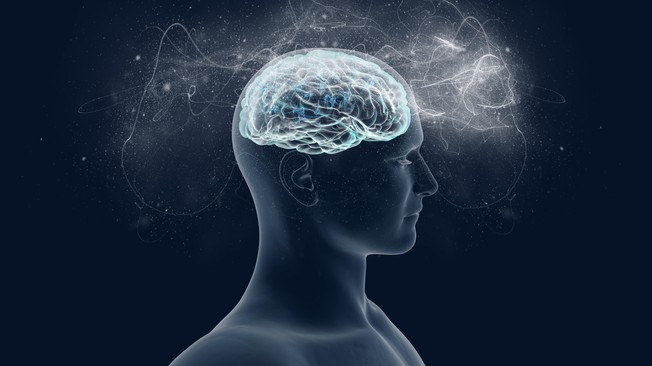
Have been reading a bit about consciousness and it seems that the following topics are closely related:
- Consciousness
- Brain
- Meditation/Yoga
- Quantum Mechanics
One of the big question which prompted this line of enquiry was the discussion which I read in the book “Homo Deus” -
How does a network of billions of neurons lead to a consciousness? How does the “I” originate?
The question is more complex than it looks like and surprisingly, from what I have learned till now, there doesn’t seem to be a consensus on the answer.
Different disciplines try to approach this in different ways. The growing feeling which I get from following the different lines of thought is that the current “real world” which we perceive is a very small microcosm of the complete set of “realities” which can be there. As we relax the small set of conditions in which we spend most of our lives, the perceived reality changes dramatically.
For example, the concept of Time which we take for granted in everyday lives is not so simple. Einsteinian physics demonstrates how the concept of time changes dramatically as objects start traveling close to the speed of light. Time can dilate or run fast.
The states of awareness which we perceive when awake is just one of the many states of awareness. According to Mandukya Upanishad, there are 4 states of awareness:
1.Wakefulness
2.Dream
3.Sleep
4.Turiya - Pure Consciousness
While the first 3 are states which most of us are aware of, the 4th state is a state of complete awareness () achieved by people doing meditations. These different states are confirmed by different EEG signatures, as confirmed by many researchers on meditation. So, there is a biological correlation with different states of consciousness. But the causality is more difficult to establish.
Does the mind lead to different EEG signals, or does the different firings of neurons lead to a different level of awareness?
According to one hypothesis, the consciousness is a by-product of the humming of different neurons. It is not the intended effect but a side product which emerges in the process.
This is also the classical mind-body debate. There can be 2 solutions:
- Monism - Only one of Mind or Body is real and the second is the manifestation of the first or vice versa
- Dualism - Mind and Body are two different entities
Does the brain(body) give rise to mind? In that case is mind a different entity than brain?
A closely related topic, which is starkly showcased in one of the stories() in The Complete Robot by Isaac Asimov is the emergence of consciousness at advanced level of intelligence. Basically, once computers get sufficiently advanced - they develop a “consciousness” which has similar electromagnetic signatures to what we currently refer to as “consciousness”
If “consciousness” is an emergent property of a high level of intelligence, then it could be just as well possible that human beings are just highly intelligent organic computers created by some more intelligent species. Similar to how we have created computers. That lends credence to the SIM theory which even Elon Musk supports, that our current world is just a simulation.
An enquiry into these issues, makes me feel that the real world which we perceive is just so much a function of how we think about it, rather than what it actually is. The writings of Upanishads which seemed a lot of mumbo-jumbo to me some years back seems so much more insightful now - as at least their language points to ideas which I have laid out above.
As Mark Twain said -
“When I was a boy of 14, my father was so ignorant I could hardly stand to have the old man around. But when I got to be 21, I was astonished at how much the old man had learned in seven years.”
The same seems true for Upanishads/Ancient philosophers to me.